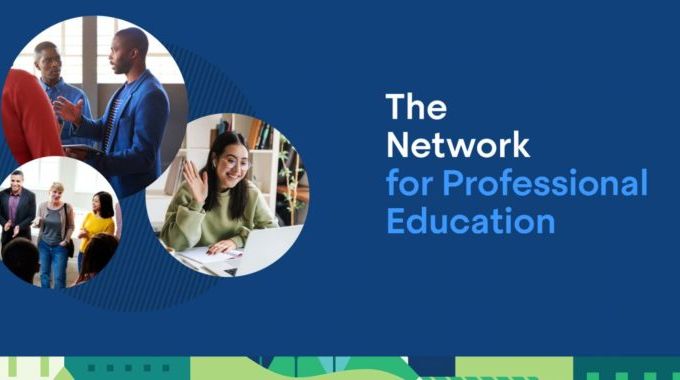AP Physics and PY105

Between July 2014 and December 2014, Andrew Duffy led a team of high school teachers in the development of one of BU’s MOOCs, AP Physics 1. This course covered about 75% of a BU campus physics course (PY105) and in summer 2015, Master Lecturer Duffy created the remaining 25% (modules on fluids, heat, and thermodynamics, including simulation-based lab exercises and introductory videos) to create a rich online resource to be used by approximately 500 residential students per year (400 students in the fall, and 100 more between spring and summer) in PY105. Duffy has gone on to create similar modules covering all the topics in PY106, the second-semester part of the introductory physics sequence for life-science majors at BU.
The PY105/6 sequence had already been significantly reformed, with all of the students doing preparatory pre-class quizzes and, prior to the 2015-16 academic year, about 60 percent of the students learning in the collaborative and interactive environment of the studio classroom. Starting from 2015-16, the on-sequence PY105 (fall) and PY106 (spring) classes were taught 100% in studio mode, where students can learn while interacting with one another as well as with the teaching staff (including with undergraduate Learning Assistants who have taken the course before).
Despite these reforms, many students have struggled with the material in a fast-paced environment, as some are without a solid math or physics background. Accordingly, this project aimed to bridge the gap by offering high-quality preparatory content available to students at their own pace, addressing conceptual understanding critically important for problem solving.
Project Outcomes
For the first couple of years of implementation, the material was available on edX for the students to use if they wanted to. Hardly any students took advantage of it. Starting in spring 2018, the content was shifted to TopHat (a platform the students are familiar with from its use for in-class polling) and 5% of the course grade (based mainly on participation) was assigned to the on-line modules.
This has been much more successful, with all the students working through the interactive content at home on their own time and at their own pace. The self-assessment opportunities and the interactive simulations help students to measure their own understanding and explore the concepts, self-paced, and in an environment in which it is easy to get 100% of the credit.
Project Team & Partners

Andrew Duffy is a Master Lecturer in the Department of Physics at Boston University. He has taught Physics at BU since 1996, and has also taught many courses for high school physics teachers. He is particularly interested in applying new technologies to help students learn.



